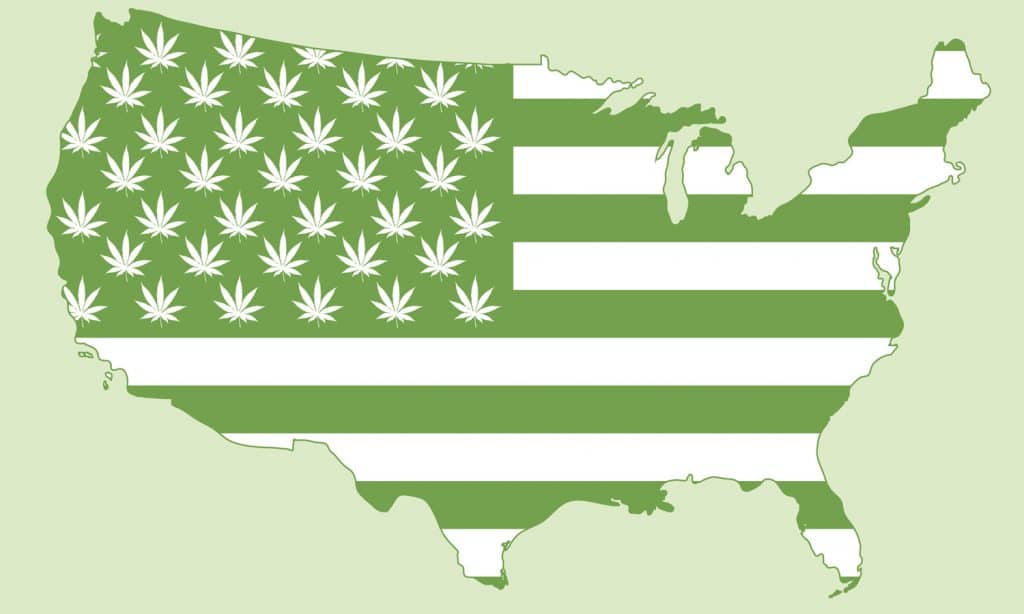The United Nations Commission on Narcotic Drugs (CND) has voted to remove cannabis from the list of the most dangerous substance.
According to the UN news portal, in reviewing a series of World Health Organisation (WHO) recommendations on cannabis and its derivatives, CND zeroed in on the decision to remove cannabis from Schedule IV of the 1961 Single Convention on Narcotic Drugs.
Under the schedule, cannabis was listed alongside specific deadly, addictive opioids, including heroin, recognised as having little to no therapeutic purpose.
“The 53 member states of the CND, the UN’s central drug policy making body, voted to remove cannabis from that schedule where it had been placed for 59 years and to which the strictest control measures apply that generally discouraged its use for medical purposes,” reads the information on the UN news portal.
The decision made in late December has opened the door to recognising the medicinal and therapeutic potential of the drug, although its use for non-medical and non-scientific purposes continues to remain illegal.






